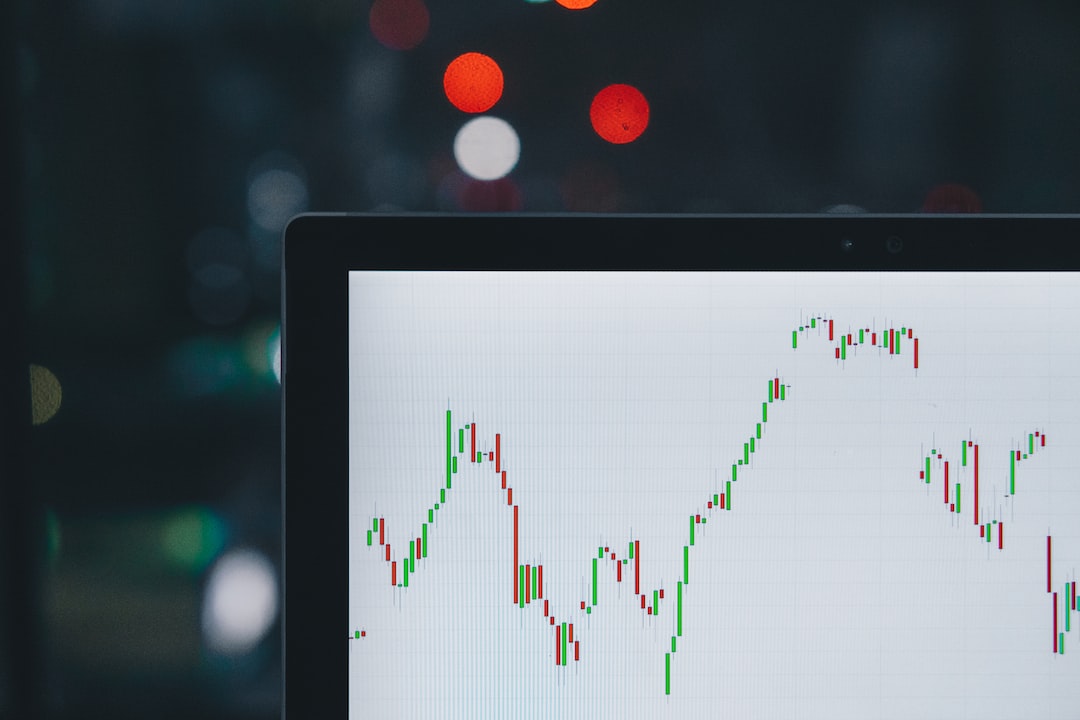Forex trading is a complex and dynamic market, and traders often use leverage as a tool to increase their potential profits. Leverage is the ability to control a large amount of money in the forex market using a small amount of capital. In Singapore, leverage is an essential part of forex trading, and it is offered by most brokers. In this article, we will discuss what leverage is, how it works, and its advantages and disadvantages in the Singapore forex market.
What is Leverage?
Leverage is a financial tool that allows traders to control a large amount of money in the forex market by using a small amount of capital. It works by borrowing money from the broker to increase the size of the trade. For example, if a trader wants to buy $100,000 worth of currency, but they only have $1,000 in their account, they can use leverage to borrow the remaining $99,000 from the broker.
The amount of leverage that a trader can use depends on the broker, and it is usually expressed as a ratio. For example, a leverage ratio of 1:100 means that for every dollar that a trader has in their account, they can control $100 in the forex market.
Advantages of Leverage in Forex Trading
1. Increased Profits: The primary advantage of leverage is that it allows traders to increase their potential profits. With a small amount of capital, traders can control a large amount of money in the forex market, and any profits that they make will be based on the size of the trade, not the amount of capital that they have.
2. Access to the Forex Market: Another advantage of leverage is that it allows traders to access the forex market even if they do not have a large amount of capital. This means that traders with limited funds can participate in the forex market and potentially earn profits.
3. Flexibility: Leverage also provides traders with flexibility in their trading strategies. Traders can take larger positions in the forex market without having to commit a large amount of capital. This flexibility allows traders to take advantage of different market conditions and adjust their strategies accordingly.
Disadvantages of Leverage in Forex Trading
1. Increased Risk: The primary disadvantage of leverage is that it increases the risk of trading. When traders use leverage, they are borrowing money from the broker, and any losses that they incur will be amplified by the amount of leverage that they are using. This means that traders can potentially lose more money than they have in their account.
2. Margin Calls: Another disadvantage of leverage is that it can lead to margin calls. When traders use leverage, they are required to maintain a certain level of equity in their account. If the value of the trades in their account falls below this level, the broker will issue a margin call, which requires the trader to deposit more funds into their account.
3. Limited Control: Leverage can also limit a trader’s control over their trades. When traders use leverage, they are subject to the rules and regulations of the broker. This means that they may not have complete control over their trades, and they may be required to close their positions if the broker deems it necessary.
Conclusion
Leverage is an essential tool in the Singapore forex market, and it allows traders to control a large amount of money in the market using a small amount of capital. While leverage can increase the potential profits of trading, it also comes with increased risk and potential margin calls. Traders should carefully consider the advantages and disadvantages of leverage and use it only if they have a thorough understanding of the market and their trading strategy.





